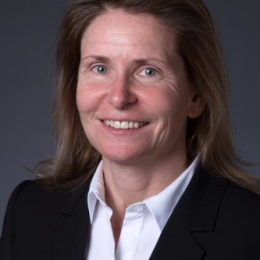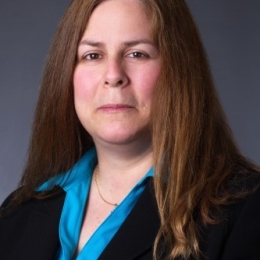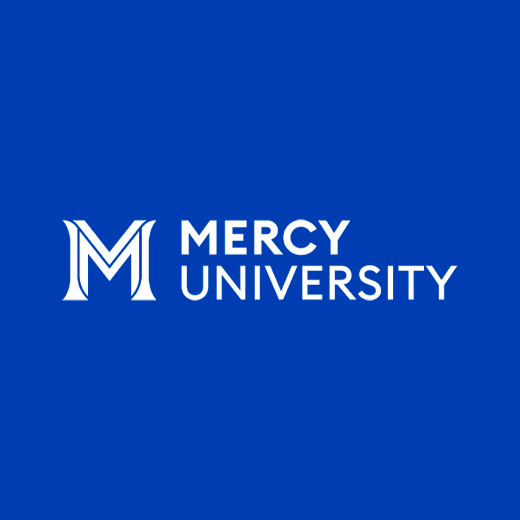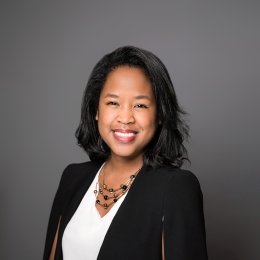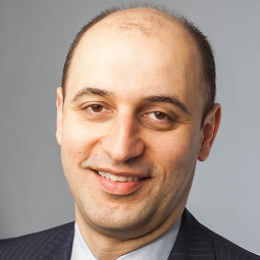
Management Accounting
- 120 Credits
- School of Business
- Bronx
- Westchester

Management Accounting Overview
The B.S. in Management Accounting program will allow you to learn the financial and accounting processes invaluable to business managers in making key internal and external business decisions.
By pursuing a B.S in Management Accounting degree, you will gain deep knowledge in business operations, how products and services are costed and priced, how to assess product profitability, and how to prepare and manage budgets and forecasts.
The B.S. in Management Accounting program will enable you to sit for the Certified Management Accountant (CMA) Examination, but will not enable you to sit for the Certified Public Accountant (CPA) Examination. However, additional appropriate coursework can be completed to address the necessary CPA Examination requirements.

Career Opportunities
Management Accounting graduates are offered a wide range of career opportunities that include financial analyst, cost accountant, budget manager, inventory accountant, treasurer, and business operations executive.
Want More Info?
We'd like to hear from you! Get more information.

Future Business Leaders Academy
This year's Future Business Leaders Academy was our most successful yet. The highly select group chosen to join us at Mercy University in Dobbs Ferry, NY learned about personal branding, matching their personalities to career paths, and visited some of the top global corporations in New York.
Frequently Asked Questions
Full-time students can complete the 120-credit degree program in four years.
It is not necessary. If you want to complete focused course work in information systems, you can specialize in Computer and Information Systems.
Yes, faculty are always ready to help students with questions about what courses to take, the sequencing of courses, and career opportunities, including internships and cooperative education.
Program Details & Curriculum
Bachelor of Science
General Liberal Arts and Sciences
General Education Requirements: 60 Credits
ECON 125, ECON 220, ECON 221, ECON 230, MATH 116 and MATH 120/CISC 120 or CISC 131 are Prerequisites for the major and must be used to fulfill general education requirements.
Core and Specialization
Business Core: 27 Credits
Management Accounting: 30 Credits
Open Electives: 3 Credits
Total: 120 Credits
For a full curriculum listing visit our catalog.
By the end of this program, students should be able to:
- Critically analyze primary and secondary sources
- Demonstrate knowledge of geography by identifying counties, capitals, and bodies of water of major geographic regions
- Demonstrate proficiency in critical reading and thinking by providing written evaluations of texts
- Demonstrate historical knowledge of various and specific time periods and geographic regions through quizzes, exams, oral, and written assignments
- Cite and document sources properly
- Demonstrate mastery of historical methods, analytical skills, and critical writing by producing an original research project that is well argued, makes use of adequate sources, and uses appropriate citation format (Chicago style)
- Demonstrate improved writing skills (proficiency in appropriate grammar and syntax)
- Evaluate primary and secondary sources through an array of writing and oral assignments (reading responses, critical book reviews, class participation, online discussion boards, and research)
Download a copy of the sequence map for:
Archive
- 2023 -2024 B.S. Management Accounting
- 2022 - 2023 B.S. Management Accounting
- 2021 - 2022 B.S. Management Accounting
2020 - 2021 B.S. Management Accounting
Full-Time Faculty
Denise M Stefano
- VIC 100D
- dstefano@mercy.edu
- (914) 674-7779


